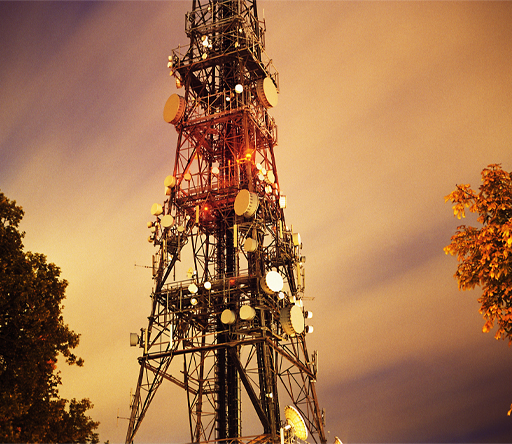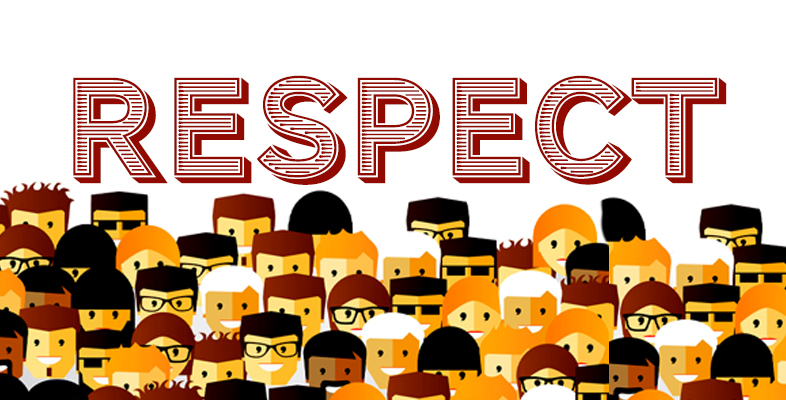5 How do we know if something is true?

Inaccurate data, including conspiracy theories, can be serious. Data which is inaccurate in some way may have life-changing medical, legal, social or educational consequences.
Ethical researchers are very thorough and respectful of data. It is an ethical issue to ensure readers have confidence in your research design, can access the data and are confident in the way in which you have collected, analysed and reported it.
Even though we know not to believe everything we read in the news media, it is not always clear how we can recognise information that is being shared but which may have been manipulated for unethical reasons.
Activity 8 Is it true?
First try the BBC quiz [Tip: hold Ctrl and click a link to open it in a new tab. (Hide tip)] (open the link in a new tab or window by holding down Ctrl [or Cmd on a Mac] when you click on the link) and see if you can spot the fake news. There are seven questions. You do not need to complete all seven but, in each case, read the comment about the source of the fake news.
Then think about the following prompts.
Think about:
- how could these sources have been checked?
- how did they appear to have spread as if real news?
- whether you have confidence in the BBC as source of the judgments made on each news item?
Having the confidence to go back to data sources to check for validity and rigour frees us to be critical consumers of research. Having some tools to question whether or not data has been collected, stored and presented in an ethical way is an important part of citizenship as well as a higher-level skill you will constantly use as a student.
